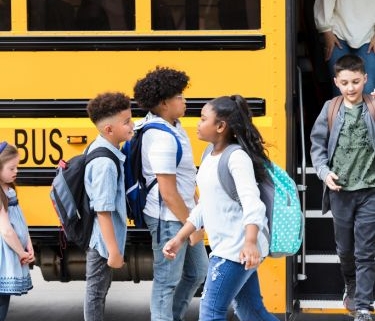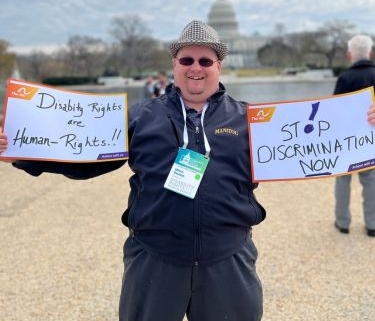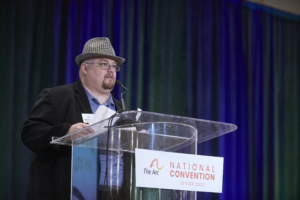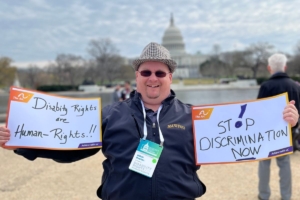Class Action Seeks to Remedy Systemic Failure and Violations of Federal and State Law
March 7, 2024 – Parents and guardians of children with disabilities living in the District of Columbia (DC), along with The Arc of the United States, filed a class action lawsuit today against DC’s Office of the State Superintendent for Education (OSSE) for failing to provide safe, reliable and effective transportation to and from schools for children with disabilities, thereby denying students equal access to their education and unnecessarily segregating them from their peers.
“The buses meant to help children with disabilities build their education and futures are instead perpetuating their exclusion. This is not just a matter of tardiness or inconvenience. It’s stealing children’s opportunities to learn, grow, and connect with their peers,” said Shira Wakschlag, Senior Director of Legal Advocacy & General Counsel of The Arc of the United States, a non-profit that works to promote and protect the civil and human rights of people with intellectual and developmental disabilities. “This systemic failure segregates students with disabilities from their peers and deprives them of equal access to education in violation of the law. When school buses become barriers themselves, we need to fight to ensure that no child is left stranded.”
According to the complaint, the OSSE Division of Transportation (OSSE DOT) has continually failed to provide consistent, safe and properly equipped transportation:
- Buses routinely arrive very late to pick students up from their homes, or do not arrive at all, causing kids to miss an exorbitant number of school days. One 14-year-old student was late to school 90 times in the 2022 – 2023 school year.
- Students are picked up early from school and miss critical instructional time or are left stranded at school without guaranteed transportation back home. “Because [my child] consistently arrived home late, he would miss critical therapies that were ordered by his doctor,” said Veronica Guerrero, plaintiff and mother of a 14-year-old student.
- Students are forced to spend excessive time on the bus, causing physical and mental harm when they are unable to access food, medication, or toilets. As a result, one 13-year-old student with a rare chromosomal disorder has arrived home on multiple occasions with a soiled diaper.
- Buses do not provide appropriate accommodations (including properly trained medical personnel) and equipment that children with disabilities need to ride the bus safely. One eight-year-old student’s medical conditions require that she ride the bus with a nurse present. On multiple occasions, and without notice to the family, the bus arrives without a nurse onboard to properly care for her.
- Buses cannot be reliably tracked, and families have no way to find out where their children are located while riding a bus. One 11-year-old student was missing for four hours before school staff located him.
“DC was under court supervision after a lawsuit for the exact same problem until 2012. Although the District had shown they were moving in the right direction then, now we are moving back to where we once were despite years of parents and community leaders working together to attempt change through local advocacy efforts,” said Kathy Zeisel, Director of Special Legal Projects of the Children’s Law Center and counsel for the plaintiffs. “We can no longer plead and hope for change. We’re taking action to ensure DC children receive the education they deserve.”
“The District’s failure to provide safe, reliable, and appropriate transportation to students with disabilities is part of a trend where the District does not live up to its obligations to children and families,” said Kaitlin Banner, Deputy Legal Director of the Washington Lawyers’ Committee for Civil Rights and Urban Affairs and plaintiff counsel. “We hope this lawsuit creates the systemic changes we need for students to get to school safely and on time so they can learn.”
The plaintiffs include parents and guardians of children with a range of disabilities who require transportation accommodations and support to access their education. Together they seek to remedy this systemic failure, which violates federal and state law, including the Individuals with Disabilities in Education Act (IDEA), Americans with Disabilities Act (ADA), Section 504 of the Rehabilitation Act, and the District of Columbia Human Rights Act (DCHRA).
Under the IDEA, DC students with disabilities are entitled to a free appropriate public education (FAPE), which must include services and accommodations set forth in students’ individualized education plans (IEPs), including transportation. The ADA, Section 504, and the DCHRA require that students with disabilities have an equal opportunity to access their education and prohibit unnecessary segregation of students with disabilities.
“Children with disabilities are missing critical education and related services, all of which are necessary for them to receive a free appropriate public education guaranteed under the IDEA,” said Margaret Warner, a Partner at international law firm McDermott Will & Emery and counsel for the plaintiffs. “OSSE’s transportation system that provides these services continually fails to reasonably support DC students’ special education, as mandated by their IEPs.”
The case is Robertson v. District of Columbia and has been filed in the US District Court for the District of Columbia.
The plaintiffs are represented by Shira Wakschlag and Evan Monod of The Arc of the United States; Kathy Zeisel of DC’s Children’s Law Center; Kaitlin R. Banner, Margaret F. Hart, and Chelsea Sullivan of the Washington Lawyers’ Committee for Civil Rights and Urban Affairs; and Margaret H. Warner, Eugene I. Goldman, Theodore E. Alexander and Christopher M. Shoemaker of McDermott Will & Emery LLP.
###
About The Arc of the United States
The Arc advocates for and serves people with intellectual and developmental disabilities (IDD), including Down syndrome, autism, Fetal Alcohol Spectrum Disorders, cerebral palsy, and other diagnoses. Founded in 1950 by parents who believed their children with IDD deserved more, The Arc is now a network of nearly 600 chapters across the country promoting and protecting the human rights of people with IDD and actively supporting their full inclusion and participation in the community throughout their lifetimes. Through the decades, The Arc has been at the forefront of advances in disability rights and supports. There are over 7 million people with IDD in the United States, which encompasses over 100 different diagnoses. Visit www.thearc.org or follow us @TheArcUS to learn more. Editor’s Note: The Arc is not an acronym; always refer to us as The Arc, not The ARC, and never ARC. The Arc should be considered as a title or a phrase.
About Children’s Law Center
Children’s Law Center believes every child should grow up with a strong foundation of family, health, and education and live in a world free from poverty, trauma, racism and other forms of oppression. Our more than 100 staff—together with DC children and families, community partners, and pro bono attorneys—use the law to solve children’s urgent problems today and improve the systems that will affect their lives tomorrow. Since our founding in 1996, we have reached more than 50,000 children and families directly and multiplied our impact by advocating for city-wide solutions that benefit hundreds of thousands more. For more information, please visit www.childrenslawcenter.org.
About the Washington Lawyers’ Committee for Civil Rights and Urban Affairs
The Washington Lawyers’ Committee for Civil Rights and Urban Affairs partners with community members and organizations on scores of cases to combat discrimination in housing, employment, education, immigration, criminal justice reform, public accommodations, based on race, gender, disability, family size, history of criminal conviction, and more. The Washington Lawyers’ Committee has secured a relentless stream of civil rights victories over the past five decades in an effort to achieve justice for all. For more information, please visit www.washlaw.org.
About McDermott Will & Emery
McDermott Will & Emery partners with leaders around the world to fuel missions, knock down barriers and shape markets. Our team works seamlessly across practices and industries to deliver highly effective solutions that propel success. More than 1,400 lawyers strong, we bring our personal passion and legal prowess to bear in every matter for our clients and the people they serve. For more information, please visit www.mwe.com.


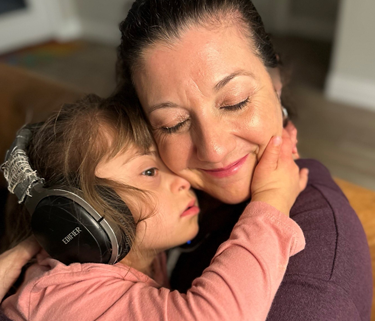
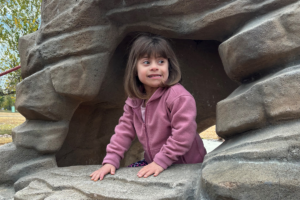
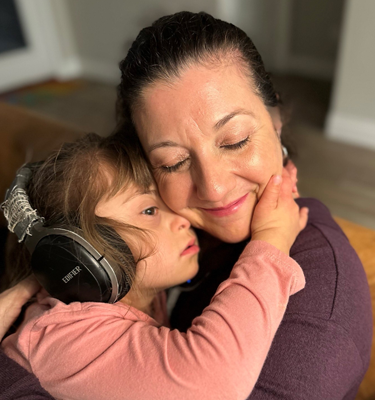

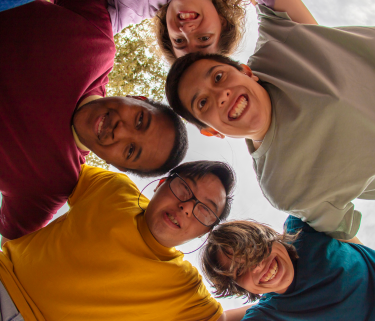
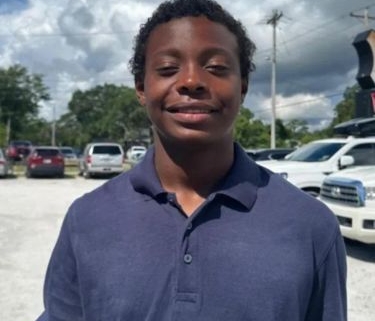
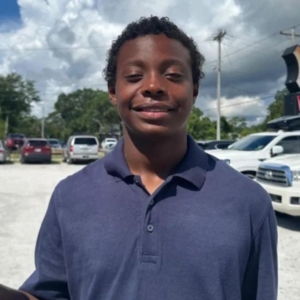 The killing of Ryan Gainer, a Black autistic teen, is a devastating injustice. Too many people with disabilities, especially those from marginalized communities, cannot access the crisis intervention services they need. In the face of Ryan’s mental health crisis, his family called 911 for help. Instead of receiving the care he needed from a competent professional, he was killed. Because of the tragedy of Ryan’s death and the death of others before him, The Arc’s National Center on Criminal Justice & Disability is working to reform our public safety practices across the country. This center offers comprehensive training to improve crisis response for people like Ryan. Our hearts go out to the Gainer family and all those who loved Ryan. We pledge to continue to keep working for a just, equitable world for all people with disabilities.
The killing of Ryan Gainer, a Black autistic teen, is a devastating injustice. Too many people with disabilities, especially those from marginalized communities, cannot access the crisis intervention services they need. In the face of Ryan’s mental health crisis, his family called 911 for help. Instead of receiving the care he needed from a competent professional, he was killed. Because of the tragedy of Ryan’s death and the death of others before him, The Arc’s National Center on Criminal Justice & Disability is working to reform our public safety practices across the country. This center offers comprehensive training to improve crisis response for people like Ryan. Our hearts go out to the Gainer family and all those who loved Ryan. We pledge to continue to keep working for a just, equitable world for all people with disabilities.